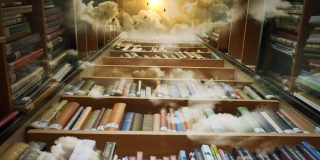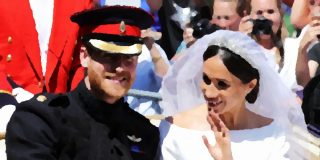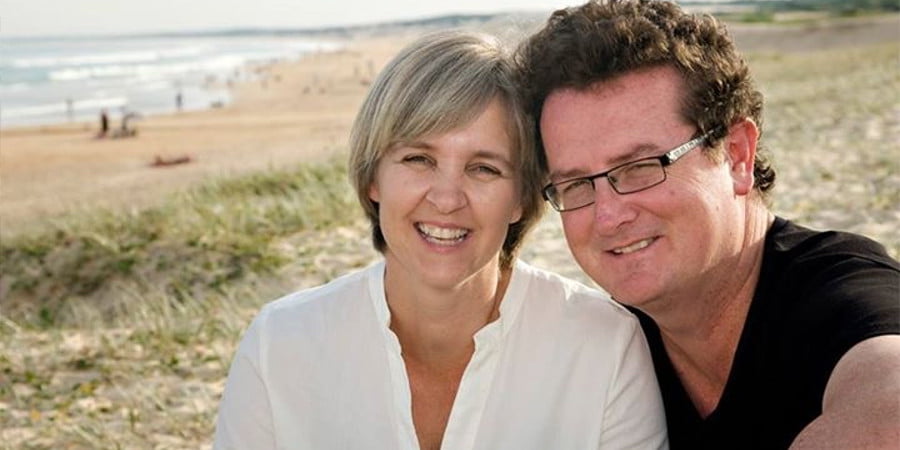Nelson Mandela, the greatest statesmen of the past fifty years, passed away this morning. He will be eulogised, lionised, and turned into a god. Yet what strikes me about Mandela was his vivid awareness of his humanity, his humble recognition that he was just a man like any other. As he wrote in his autobiography, The Long Walk to Freedom
I wanted first of all to tell the people that I was not a messiah, but an ordinary man who had become leader because of extraordinary circumstances. (p676)
It strikes me that this may well have been the true genius of Mandela. History is littered with dictators who started out as “one of the people” but then become convinced that they are anything but. Convinced of their grandure, they become the new oppressors.
Nelson Mandela could have unleashed a bloodbath if he had spoken the words. He could have seized power and taken South Africa down the path of neighbouring Zimbabwe. Yet he seems always to have been aware of his humanity-both his strengths and weaknesses-and the humanity of others-their strengths and weaknesses-and the ways we are shaped by the systems in which we live. This allowed him, for example, to empathise with his enemies
I knew that people expected me to harbour anger towards whites. But I had none. In prison, my anger towards whites decreased, but my hatred for the system grew. I wanted South Africa to see that I loved even my enemies while I hated the system that turned us against one another. Long Walk to Freedom p680
Here Mandela’s philosophy resonates with the apostle Paul, who on the one hand recognises that we are all “sinners”, yet also sees us as captives to forces of evil greater than ourselves. This acute awareness of our weaknesses and capacity for evil demands the sort of humility and self critique Mandela displayed, while our recognition that we are shaped by the systems in which we live grants us the ability to understand the actions of others even when they are evil.
Yet it wasn’t only human frailty of which Nelson Mandela was aware, but our capacity for greatness.
Overcoming poverty is not a task of charity, it is an act of justice. Like slavery and Apartheid, poverty is not natural. It is man-made and it can be overcome and eradicated by the actions of human beings. Sometimes it falls on a generation to be great. You can be that great generation. Let your greatness blossom. (2005 Trafalgar Square Speech)
Here Mandela resonates with the spirit of Jesus, who called people to great heights, and the author of Psalm 8. Absent an awareness of our capacity for greatness we are lulled into a world of low expectations and resignation to the status quo. Nothing changes that way.
I wonder if this is Mandela’s greatest legacy, for this takes us beyond the historical particularity of South Africa. Adopting Mandela’s approach would revolutionise how we engage with the difficult person at church, with people of other faiths, with asylum seekers, and more. It will free us from scapegoating and demonising others, and from misplaced pride that exalts ourselves and our culture above others.
RIP Nelson Mandela



